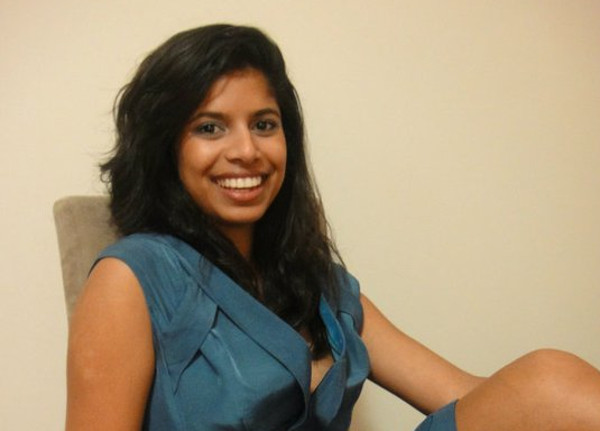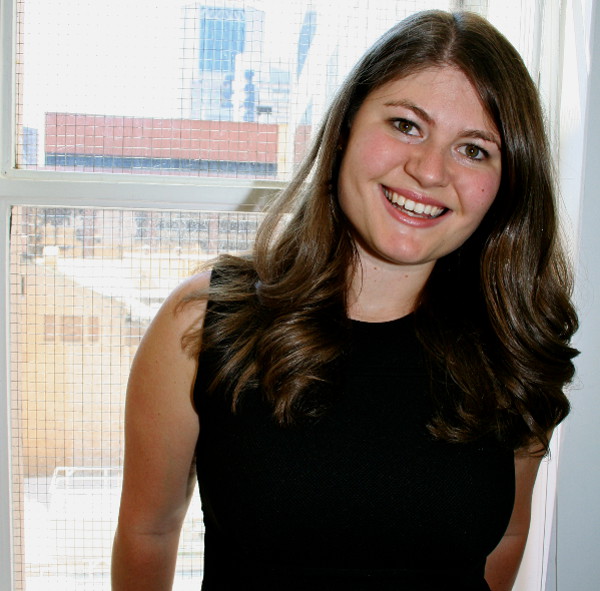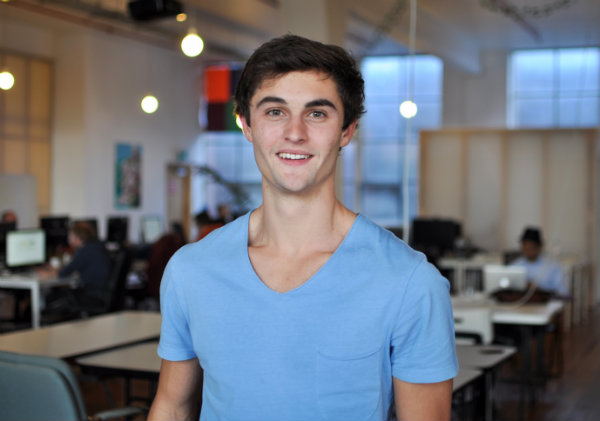Australia’s Startup Entrepreneurs Will Save Our Economy
Three young founders of local startups talk disruption, money, and getting back up after you've fallen down.
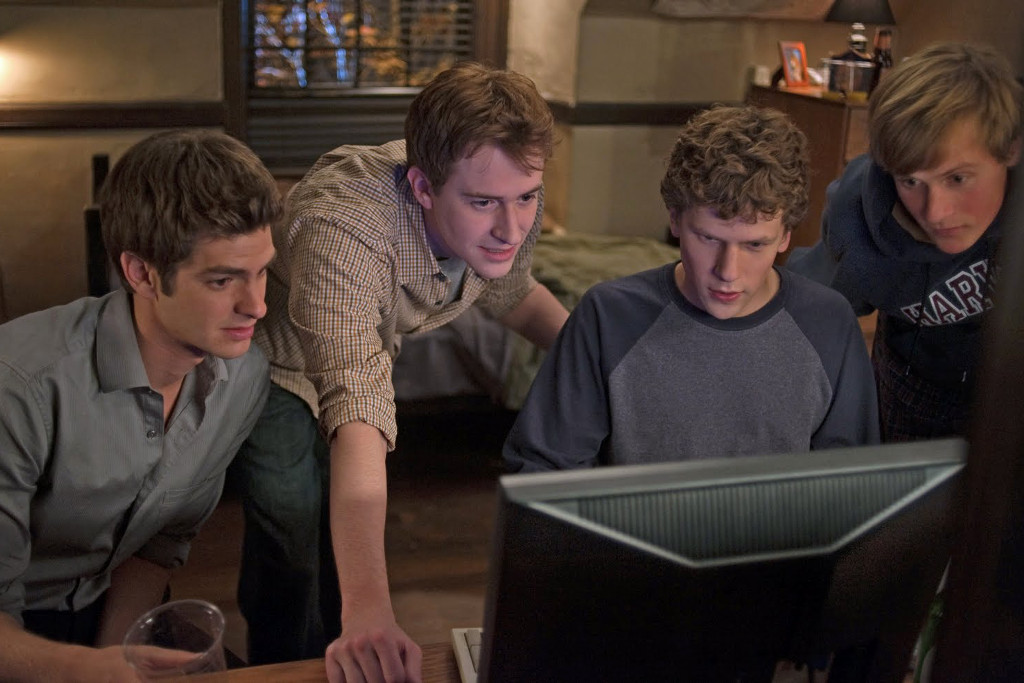
“Age considers; youth ventures” said Bengali writer and Nobel Prize winner Rabindranath Tagore, and his words go some way towards explaining the ‘build first, ask questions later’ philosophy espoused by Australia’s next generation of entrepreneurs. 90% of startups fail, but wide-eyed enthusiasm and innocent fearlessness are pretty decent tools on the windy road to startup success.
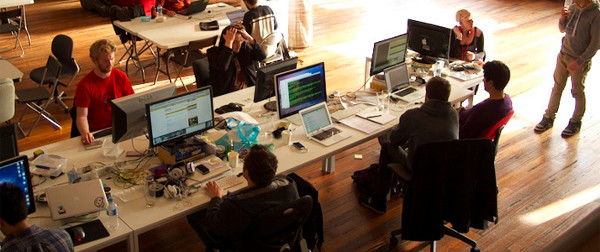
Not a Mountain Dew in sight. [source]
We sat down with some toddlers (metaphorically speaking) of Australia’s bustling startup industry to find out what they’re doing, what the ‘scene’ is like, and how they’ve succeeded in spite of being so damn young.
–
Dhe Naidoo; 23 — Energie TDS
Dhe Naidoo is the CEO and founder of Melbourne-based Energie TDS, a solar energy provider that uses thermodynamic solar panels. She recently became the youngest president to be elected on the Australian Solar Council (Melbourne Branch) in the history of the organisation, which was founded in 1963.
Junkee: How did you get involved with your startup?
Dhe: I was forwarded an article about some new technology by my uncle who is an engineer, and couldn’t understand the first sentence! But I was kept up at night by the business opportunity he recommended to me, and I started dabbling in ‘geek speak’ trying to make sense of it. After pitching the tech to a couple industry gurus, I realised we were onto something big.
In terms of the business, how are you better than your competitors?
Competitor products rely on the sun. Our tech harnesses the energy from the atmosphere, which is always present, so you don’t need an electrical or gas source at night, therefore saving you energy and money.
Have you had any issues with being young, as opposed to older and more experienced?
Where do I start?! A 23 year-old, female, non-engineer starting a clean energy company doesn’t exactly scream ‘walk in the park’. With every milestone, I learn that a good attitude, a level head, and trusting your gut gets you a lot further than experience (on most days).
Any advice for under-25s looking to launch a startup of their own?
Don’t worry about labelling it. Call it entrepreneurship, innovation, getting shit done — just do it. When you’ve found something you feel strongly enough to act on, do it; it’s a rare thing and most people wander their whole lives looking for something, but it’s your openness and reception that rally makes ‘big things’ happen.
–
Gen George; 23 — OneShift
Gen is the CEO and co-founder of Sydney-based tech startup OneShift, which matches employers and staff for casual shifts. OneShift secured a $5 million investment from recruitment company Programmed in October 2013, and currently has 170,000 likes on Facebook.
Junkee: How did your startup get going?
Gen: The idea came from my own frustrations with finding short-term work. In 2011, I’d deferred my Property Law degree so I could spend time working on a boat in France. I thought I’d be able to find a few shifts overseas to make do for six weeks but it was a nightmare, and my friends had exactly the same trouble. I saw a gap in the market, at home and globally, and decided to do something about it.
I set up a WordPress site and hit the pavement, sticking up posters where I knew young people or people looking for flexible work would be, and visited businesses to get the word around. The hospitality industry was the first to show interest, but we now have over 270,000 jobseekers and over 28,000 businesses on our site, and cater for everything from gardening to healthcare.
What are you disrupting in your industry?
OneShift was created to address what I believe are the inherent issues of the recruitment industry: cost effectiveness and time-efficiency. We operate like a matchmaking service for businesses and jobseekers looking for work, using innovative technology to establish compatibility based on a number of metrics, including geography, previous experience, and other desirable traits.
Our model is strong because we reflect the current trend in the workforce: 40% of Australian workers are employed in contracted or casual work already. We’re cheap, simple to use, and a great alternative to traditional commission-based recruiters.
What would you improve about the Australian startup scene?
It’s a strong community, and there’s a great network of successful business-minded individuals who are incredibly supportive of young entrepreneurs. But I think we could reconsider our approach to crowd-sourced equity funding, which has been used to great success in the US as a way to build startup capital. The government could also reconsider its approach to taxation on employee share options, which are currently taxed as income rather than capital gains and can be a constraint on startups.
–
Ash Davies; 20 — Tablo
Ash Davies’s Melbourne-based startup Tablo allows writers to create books in the cloud, and then publish them to Amazon and the iBookstore. He won ‘Best Young Entrepreneur’ in the Startup Smart Awards for 2013.
Junkee: How did you start Tablo?
Ash: I was struggling to publish my own book. I’d spent months writing a beginner’s photography book, which I’d published in paperback but really wanted to share online. The process was awful — it took me six months to learn about and produce the right eBook formats, acquire ISBNs, gain approval from Apple, and more. As a blogger, I was so used to being able to type something and click a ‘publish’ button. It seemed sensible to try and build a similar platform for books.
How are you making book publishing better?
A lot of our competition poorly align themselves with authors. Authors don’t care about ePub vs Mobi, validating book files, or ISBNs. The process is technical, and authors are generally not technical. We focus on connecting an author with a reader as quickly as possible. Tablo is a social self-publishing platform, where authors can share and build their readership while they write.
Where’s the Aussie startup scene at, in your eyes?
There are some fantastic incubators and support communities cropping up, but we’re still a long way from the US. Raising funds in Australia is really hard, and that kills a lot of young ideas. You need to work a lot harder in Australia to be successful.
Have you received any venture capital funding, and are you beholden to your investors?
I can’t share too much info around funding, but I can say it’s a significant round of funding from angel investors in Australia and the USA. I’d advise any young company to seek an appropriate angel investor over a venture capital firm. The cheques will be smaller, but the advice, mentorship, and guidance you’ll receive will be invaluable.
When talking to investors, many will base their decision on what you’ve achieved in the past. Your past is a big indicator of how you’ll perform in the future. I’m too young to have a past, so approaching some investors can be tricky. But receiving money should never tie you down: if you feel constrained by your investors, they’re the wrong investors.
–
For more info on Australia’s burgeoning startup scene, visit StartupAus, a not-for-profit organisation dedicated to building the community and providing resources to first-time entrepreneurs, and also VentureCrowd, Australia’s first equity crowdfunding platform, which launched last week.
–
David Swan is a Melbourne-based writer and is the Associate Editor of tech news site iTWire. He also writes for FasterLouder and used to work in a bird costume at kids’ birthday parties. Follow him on Twitter here.
